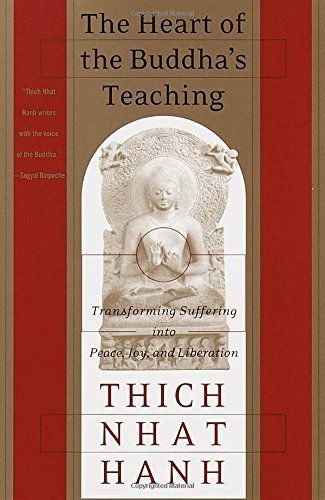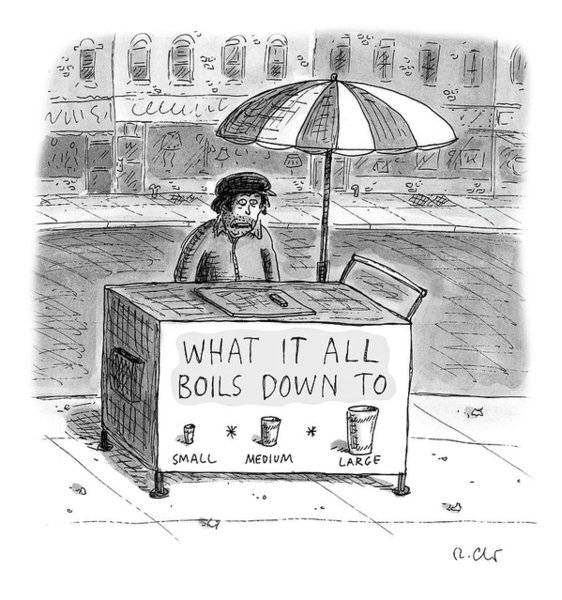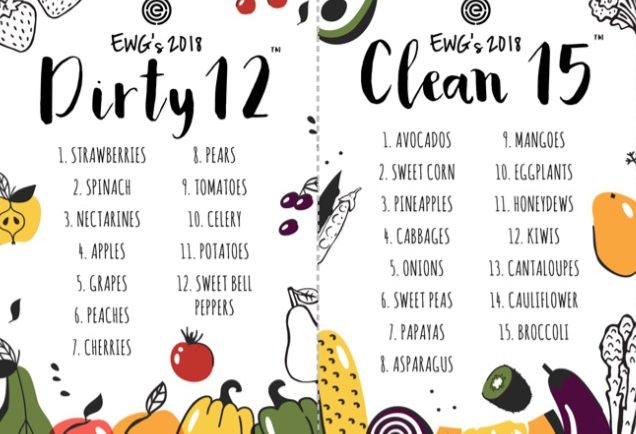.Me and the Billa Self-Check-Out-Lane.
I hate self-checkout lanes at stores. I don’t like the notion to replace humans with machines. I like the social contact and the small talk at the register. But then the other day I only had three items, the line at the register was really…




